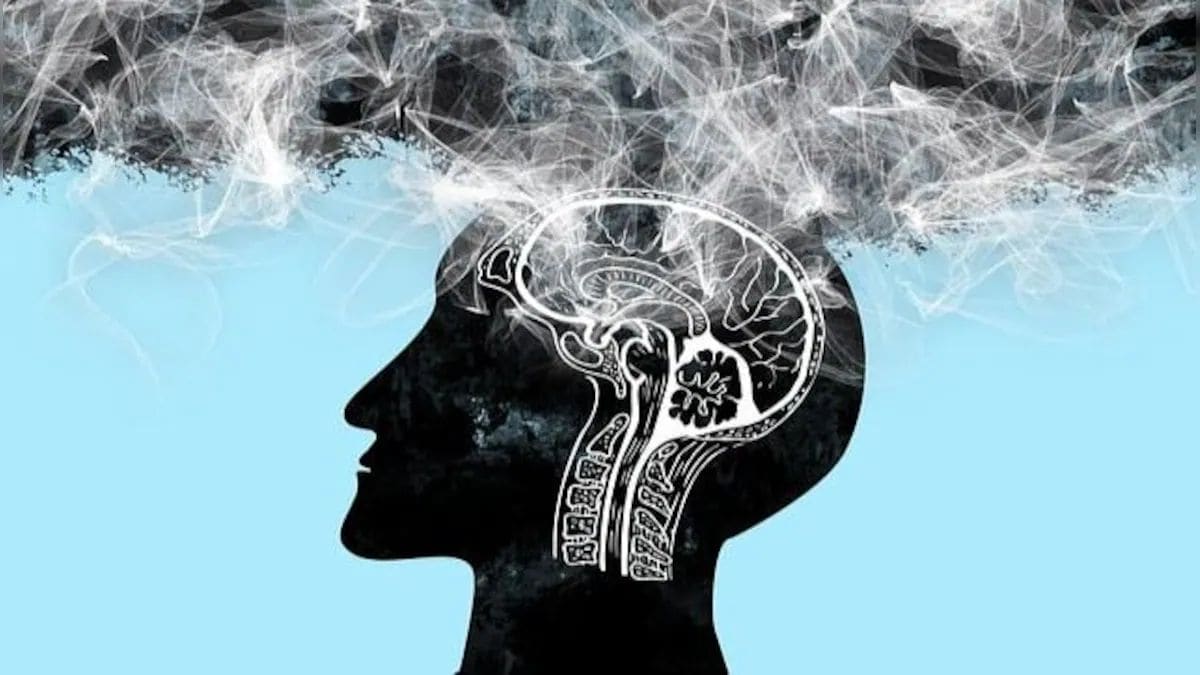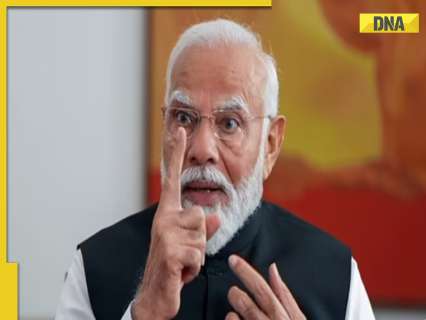How 'unconscious incompetence' could increasingly put you at risk under the NHS's plan for a new breed of medics: PROFESSOR ROB GALLOWAY By Dr Rob Galloway For The Daily Mail Published: 12:09 EDT, 19 August 2024 | Updated: 12:14 EDT, 19 August 2024 e-mail View comments Avoid going to hospital in August. Chances are you’ve heard this ‘warning’ before, because this is the month when junior doctors start their NHS career, and it’s led to a fear that it is a dangerous time to be in hospital. And this was not without basis.
For instance, a 2009 study by Imperial College London showed that the death rate for patients admitted as an emergency on the first Wednesday in August (when the new doctors started, and dubbed ‘Black Wednesday’ in the media) was 6 per cent higher than those admitted on the last Wednesday in July. In fact, these days it is genuinely much safer. The greater risk, in my view, is another group of medical professionals: physician associates.

Despite NHS plans for them to deliver more care, a survey published in yesterday’s Mail found that more than half of patients do not know what a ‘physician associate’ is. Dr Rob Galloway says some newly qualified doctors are overconfident But first back to the new doctors. By the time they reach the hospital floor they’ve already had years of training and passed multiple difficult exams.
And when they start, they have close supervision by more senior doctors and, crucially, they have a ‘provisional’ licence to practise, with a defined scope of what they can and can’t do. Is the system perfect? Of course not. But having spent the past 13 years involved in training final-year medical students, including their ‘preparation for practice’ course – and then supervising them when they start work – I know what’s gone into making this transition as safe as possible.
And one of the reasons safety has improved is because of how we teach our medical students and new doctors to make clinical decisions and to know the limitations of their skills. Read More As a doctor I sneered at alternative medicine. But after some startling results, I've done a U-turn Medical decision making is complex, but can basically be split into fast and intuitive decisions (‘this patient needs CPR now’), to slow and thoughtful (‘this patient needs blood tests, examination, scans and a review of their medical history’).
But doctors, especially newly qualified ones, don’t know the answers to all the things they’re asked about. This is fine, as long as they know that and don’t try to pretend they do, which we call ‘conscious incompetence’. As an A&E consultant, I see lots of patients with complex problems that my expertise doesn’t cover.
But I am trained to recognise that, and to feel comfortable asking for help from experts in the relevant field. The real risk is clinicians who treat patients without realising that they don’t have all the answers: they make decisions with a confidence that belies their level of knowledge and expertise – otherwise known as unconscious incompetence. He says hospitals should house a culture where junior doctors feel able to ask for help It’s not a deliberate arrogance, but an overconfidence from lack of experience.
As Shakespeare put it: ‘The fool doth think he is wise, but the wise man knows himself to be a fool.’ We reduce unconscious incompetence in medicine by training, and by establishing a culture where junior doctors feel able to ask for help so they’re not forced into making decisions above their level of competence. And we need support structures around them.
When I was a junior doctor 22 years ago, I was on my own on night shifts and my lack of supervision meant I made mistakes. I live with some of these to this day, including the case of a man in his 50s with poorly controlled diabetes. He had a chest infection, which had led to diabetic ketoacidosis – which meant he was very dehydrated.
I thought I knew best how to treat him. But despite six years at medical school and two as a doctor, I didn’t have the experience either to treat him correctly or to realise I was out of my depth. I gave him fluids and then, as he didn’t get better as quickly as I thought he would, I gave him more, then more.
I gave him too much fluid and sent him into heart failure; he died a few days later in intensive care. His death certificate stated sepsis, diabetes and heart failure. But I know underlying all those causes was my unconscious incompetence.
Now at night in my department, as well as four junior doctors, working alongside them is a middle-grade doctor and a consultant A&E doctor for support and direct supervision. But the main reason I believe new doctors are safer is because of the rules and regulations introduced by the General Medical Council (GMC) in 2005. For example, newly qualified doctors are now only provisionally registered, which means nurses know they can’t ask them to make specific decisions, such as if a patient is to be resuscitated in an emergency.
This is why medical mistakes are now much more common with doctors who’ve been working for a couple of years rather than with new junior doctors. Yet while we’ve been improving patient safety among new doctors, there’s another group of staff I’m increasingly anxious about.Physician associates (PAs) have been working in the NHS for more than 20 years, brought in to help relieve some of the administrative and routine tasks from doctors.
Over the years, though, their role has morphed and they are now being used to plug the gaps left by the lack of GPs and junior doctors – conducting entire appointments on their own. This is unfair on the PAs themselves and puts patients at risk. In 2022, Emily Chesterton, a 30-year-old actress, died after being misdiagnosed at a GP surgery with anxiety: she had a blood clot on her lung.
A blood clot is not uncommon, but spotting it isn’t easy. That’s why, as well as medical school, there is a minimum of five years’ training to become a GP. This extensive training is designed to drill out unconscious incompetence and to know when to ask for help.
Those who hold the purse strings have been using physician associates as a cheaper way of providing medical care But Emily was not seen by a GP, as she thought, but by a physician associate. They have just two years’ training after a non-medical degree and can start working in a GP surgery, seeing patients with no additional training. This new model of medical care has crept into the NHS more by accident than design, with medical leadership (some of the Royal Colleges, GMC and NHS England) promoting the role without regulations for what the PAs can and can’t do and the levels of supervision needed.
The GP surgery that employed the physician associate in Emily Chesterton’s case didn’t break any rules – because there were no rules in place. Without fully understanding the risks, those who hold the purse strings such as GP practice owners and hospital managers, have been using PAs as a cheaper way of providing medical care and to plug gaps. They’ve even been incentivised to do this, thanks to the Additional Roles Reimbursement Scheme (it ended on August 2).
This funding could be used to employ PAs but not GPs (the professionals patients actually want to see!). While I’m not against the idea of physician associates, we need them to work as originally intended – registered with a non-medical regulatory body, with a defined set of skills and undertaking specific care with protocols, under the supervision of a senior doctor. Yet from December they will be regulated by the GMC, adding to the confusion that they are in fact a type of doctor.
It’s not newbie medics and Black Wednesdays that are the real anxiety, it’s the march of unregulated physician associates looking after you. And, unless there’s an urgent rethink, what seemed like a good idea to improve care will end up doing the exact opposite. @drrobgallowa y NHS Share or comment on this article: How 'unconscious incompetence' could increasingly put you at risk under the NHS's plan for a new breed of medics: PROFESSOR ROB GALLOWAY e-mail Add comment.

















